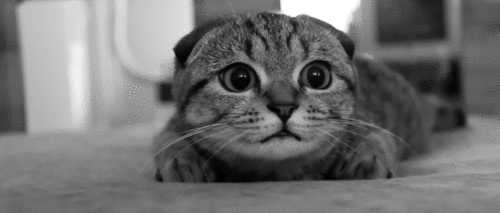Newswise — We use recycled products every day. Money, for example, goes on a circular journey from our hands to banks and back again. Once paper money is too worn to be used, banks send it to be destroyed. A similar microscopic waste system is present in our brains, in which nervous system cells called neurons trade chemical messengers and remove the carriers they travel in when they become defective.
Now two Johns Hopkins Medicine researchers, Takanari Inoue, Ph.D., and Shigeki Watanabe, Ph.D., have received $150,000 from the Chan Zuckerberg Initiative to study ways to make this waste management process more efficient. The research could eventually help scientists develop treatments for neurodegenerative diseases such as Parkinson’s disease, Huntington’s disease and dementia, conditions that are marked by faulty recycling of the vesicles that carry chemical…


























